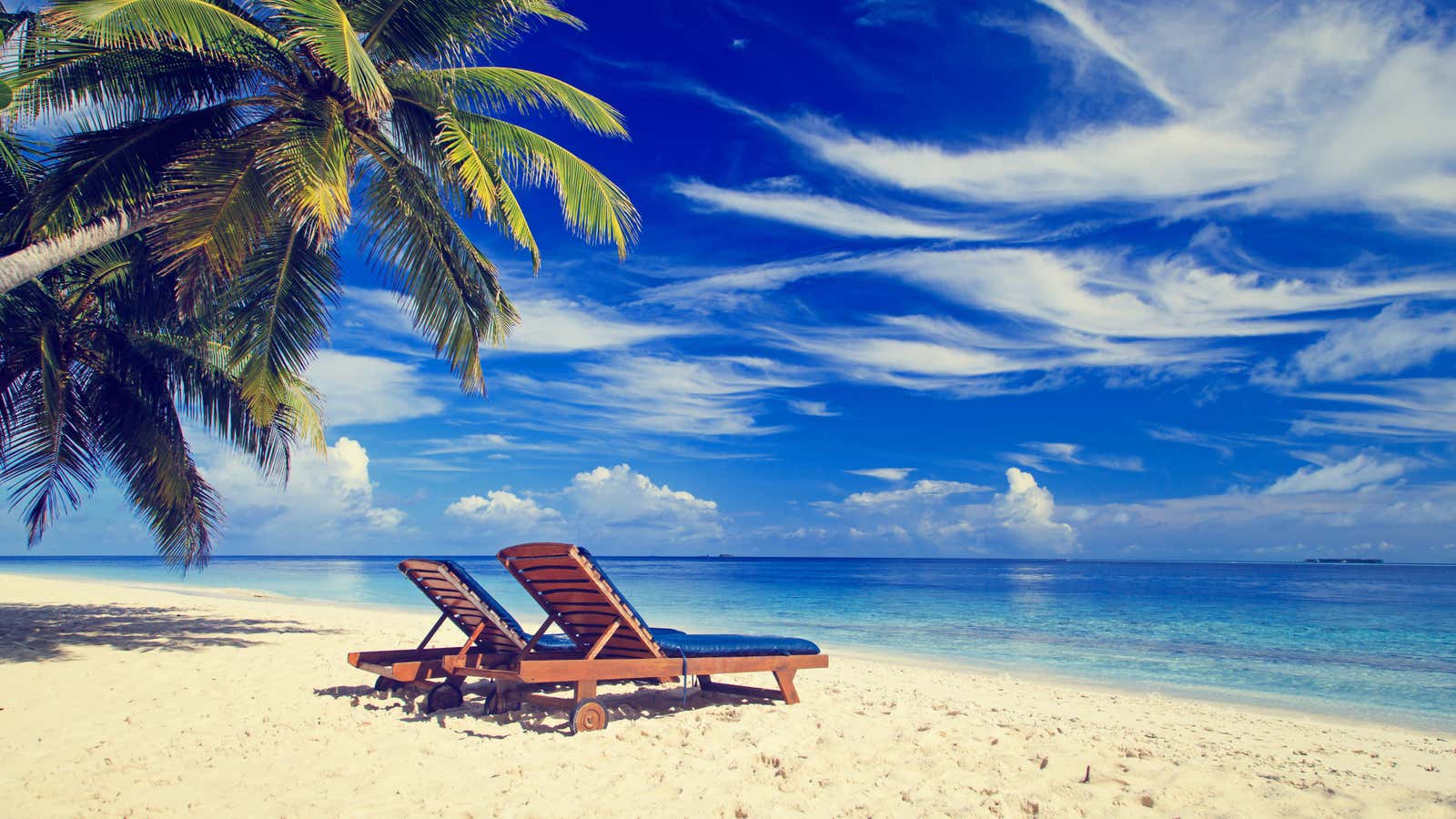How to Replicate the Benefits of “vacation Anticipation”

Remember in March and early April we were all in panic buying supplies to prepare ourselves to spend a few weeks squatting in our homes? It seemed that our new way of living in isolation is something we will get through for a while, and then life – including summer – will resume, mostly as usual. At this stage, summer vacation was not just an annual tradition or a way to explore a new place: waiting for it with impatience has become a coping strategy for many people.
When it did, most of the travel this summer (other than fast, socially distanced road trips) couldn’t happen, we lost this form of escape, both mentally and in terms of actual travel. In fact, for some people, vacation time is a form of self-help , Taisha Caldwell-Harvey, psychologist and CEO of Black Girl Doctor , told the LA Times. This is why “vacation anticipation” can improve our well-being and how to recreate it without actually taking a vacation.
What are the benefits of waiting for a vacation?
For years, I have used travel – both the trip itself and the anticipation of it – as a way to deal with my anxiety. When everything else was too much and my thoughts were rushing around, I could take a break and calm down by looking into unusual local museums or historical sites in my upcoming destination, or wondering what I was going to eat when I got there.
It turns out I’m not alone. According to Tom Gilovich, a professor of psychology at Cornell University, waiting for the trip gives your mind a lot to do, especially during stressful times. “You have never been to Hawaii and are trying to predict what they will look like. “It’s a calming thought that puts you to sleep, ” he told the LA Times . And the benefits don’t end there, Gilovich adds: after you set out on the trip, you can mentally compare your vacation expectations with your actual experiences, which can be nice.
But the psychological benefits of waiting for vacation go beyond those who use it to manage anxiety. “The emotional system is really focused on encouraging people to do good things and avoid bad things,” says Leaf Van Boven, professor of psychology and neuroscience at the University of Colorado at Boulder. He points out that this is why anticipating future events can be more enjoyable than thinking about what happened in the past.
How to replicate the benefits of “vacation anticipation”
We’re not going anywhere anytime soon, but luckily there are ways to get similar benefits without booking a flight. Here are a few:
Plan a day trip or quick weekend trip nearby
This way, you may not be heading to your dream destination, but even planning small excursions like day trips or weekend trips can help. “The benefits of empirical consumption can be quite modest, ” Gilovich tells the LA Times . “Hopefully people are taking trips to local attractions and … using hiking trails and bike paths in their communities that they haven’t used before.” Not sure where to go? List the various parks and trails in your area that you have never visited before. They may be near you, but they are still new experiences that you can expect.
Plan a four-hour vacation
The downside of local activities is that as soon as you leave the park, you will be back in the reality of your daily life. But Caldwell-Harvey shared some advice from a colleague that could give you something a little more relaxed and relaxing when traveling: a four-hour vacation. “She orders her favorite food, she has wine … she doesn’t bring her phone with her, and she is totally passionate about listening to music and doing whatever she wants,” Caldwell-Harvey tells the LA Times. …
Of course, if you live with other people (especially children), the four-hour vacation can take some coordination. But once you’re lounging on the couch and watching your favorite show with a wide selection of snacks, you’ll be happy you put in the effort.